Ghana’s Republic Day: A Celebration of Independence and National Identity
Related Articles: Ghana’s Republic Day: A Celebration of Independence and National Identity
Introduction
In this auspicious occasion, we are delighted to delve into the intriguing topic related to Ghana’s Republic Day: A Celebration of Independence and National Identity. Let’s weave interesting information and offer fresh perspectives to the readers.
Table of Content
Ghana’s Republic Day: A Celebration of Independence and National Identity
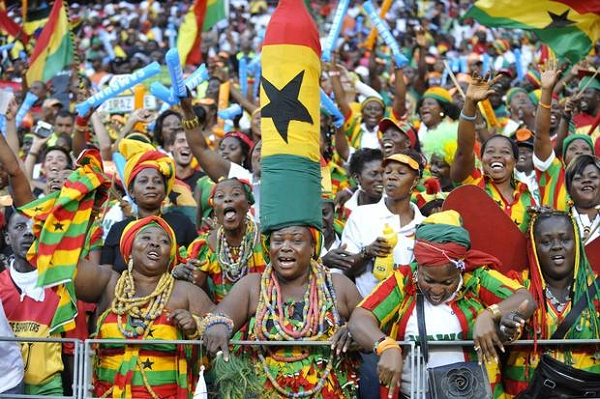
Ghana’s Republic Day, observed annually on July 1st, commemorates the momentous event of 1960 when Ghana transitioned from a constitutional monarchy within the British Commonwealth to a sovereign republic. This day stands as a testament to the nation’s journey towards self-governance, its resilience in the face of colonial rule, and its unwavering commitment to freedom and democracy.
The Historical Significance of Republic Day:
The year 1960 marked a pivotal moment in Ghana’s history. Under the leadership of Kwame Nkrumah, Ghana became the first sub-Saharan African nation to achieve independence from colonial rule. This achievement resonated throughout the continent, igniting a wave of anti-colonial movements and inspiring hope for self-determination.
The transition to a republic further solidified Ghana’s independence by severing its remaining ties to the British Crown. This act symbolized the nation’s determination to forge its own path, charting a course based on its unique values and aspirations.
Celebrating Republic Day in Ghana:
Republic Day is a national holiday in Ghana, observed with a range of events and activities across the country. The day is marked by:
- Official ceremonies: The President of Ghana delivers a national address, outlining the nation’s progress and future aspirations. This address is often accompanied by parades, flag-raising ceremonies, and other symbolic displays.
- Cultural performances: Traditional music, dance, and drumming performances showcase the rich cultural heritage of Ghana. These events provide a platform for artists to celebrate their traditions and share them with the wider community.
- Educational programs: Schools and educational institutions organize special programs to educate students about the history and significance of Republic Day. These programs often include lectures, documentaries, and interactive activities.
- Community gatherings: Families and friends come together to celebrate the day with feasts, picnics, and social gatherings. These events foster a sense of community and national unity.
The Importance of Republic Day:
Beyond the celebrations, Republic Day serves as a reminder of the sacrifices made by those who fought for Ghana’s independence. It underscores the importance of preserving hard-won freedoms and continuing the pursuit of a better future for all Ghanaians.
The day also serves as an opportunity to reflect on the progress made since independence and to address the challenges that lie ahead. This introspection allows the nation to assess its strengths and weaknesses, paving the way for continued development and prosperity.
Frequently Asked Questions (FAQs) about Republic Day:
Q: What are the origins of Republic Day?
A: Republic Day commemorates the day Ghana transitioned from a constitutional monarchy to a republic in 1960. This event marked the nation’s complete independence from British rule.
Q: What are the main events associated with Republic Day?
A: Republic Day is celebrated with official ceremonies, cultural performances, educational programs, and community gatherings across Ghana.
Q: What is the significance of Republic Day for Ghanaians?
A: Republic Day is a national holiday that commemorates the nation’s independence and serves as a reminder of the sacrifices made to achieve it. It also serves as an opportunity to reflect on the nation’s progress and future aspirations.
Q: How can I participate in the Republic Day celebrations?
A: You can participate in the celebrations by attending official ceremonies, cultural performances, or community gatherings. You can also contribute by educating yourself about the history and significance of the day.
Tips for Celebrating Republic Day:
- Learn about Ghana’s history: Educate yourself about the struggle for independence and the key figures who played a role in Ghana’s journey to self-governance.
- Attend a cultural event: Immerse yourself in Ghanaian culture by attending a traditional music or dance performance.
- Visit a historical site: Explore historical landmarks that played a significant role in Ghana’s independence movement.
- Support local businesses: Patronize Ghanaian businesses and artisans to contribute to the nation’s economic growth.
- Share your knowledge: Spread awareness about Republic Day and its significance with friends and family.
Conclusion:
Ghana’s Republic Day is a day of celebration, reflection, and national pride. It is a testament to the nation’s resilience, its commitment to freedom, and its unwavering spirit. By understanding the history and significance of this day, we can appreciate the sacrifices made by those who fought for Ghana’s independence and contribute to the nation’s continued progress and prosperity. Republic Day is not just a historical event, but a living symbol of Ghana’s journey towards a brighter future.



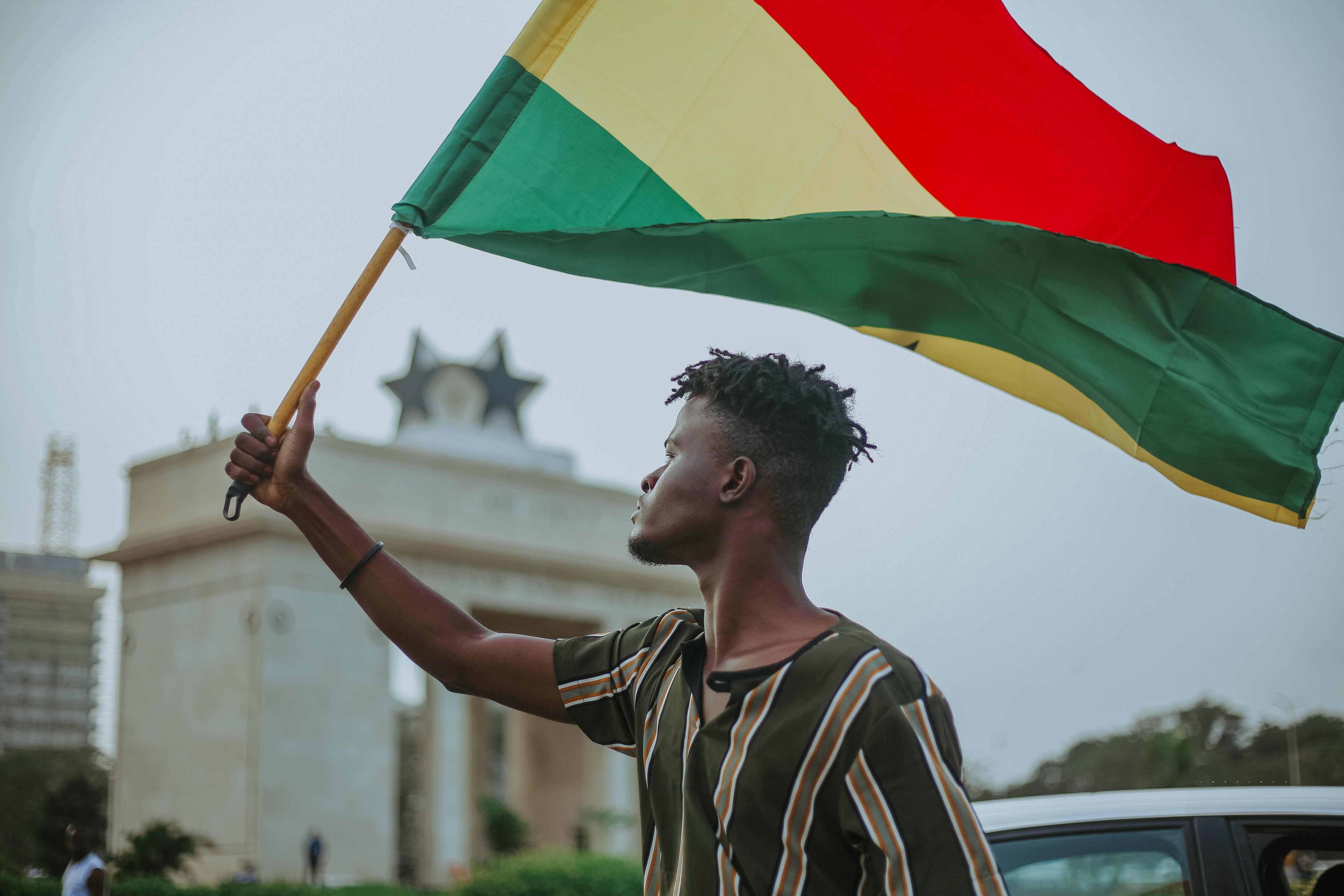
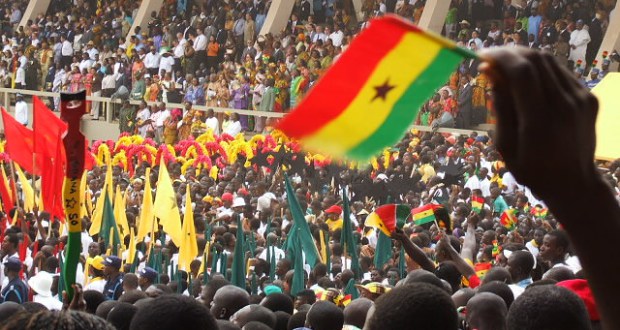
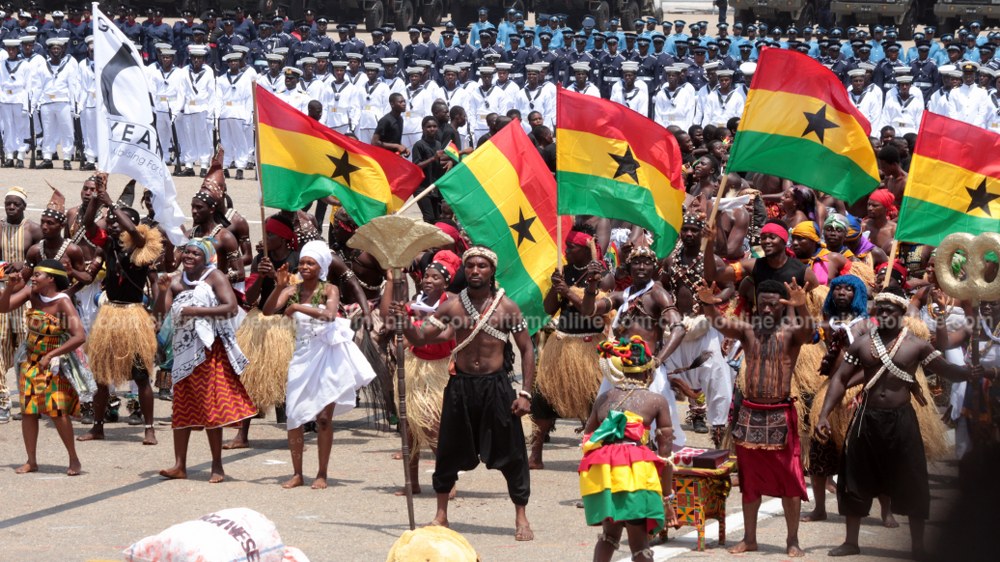
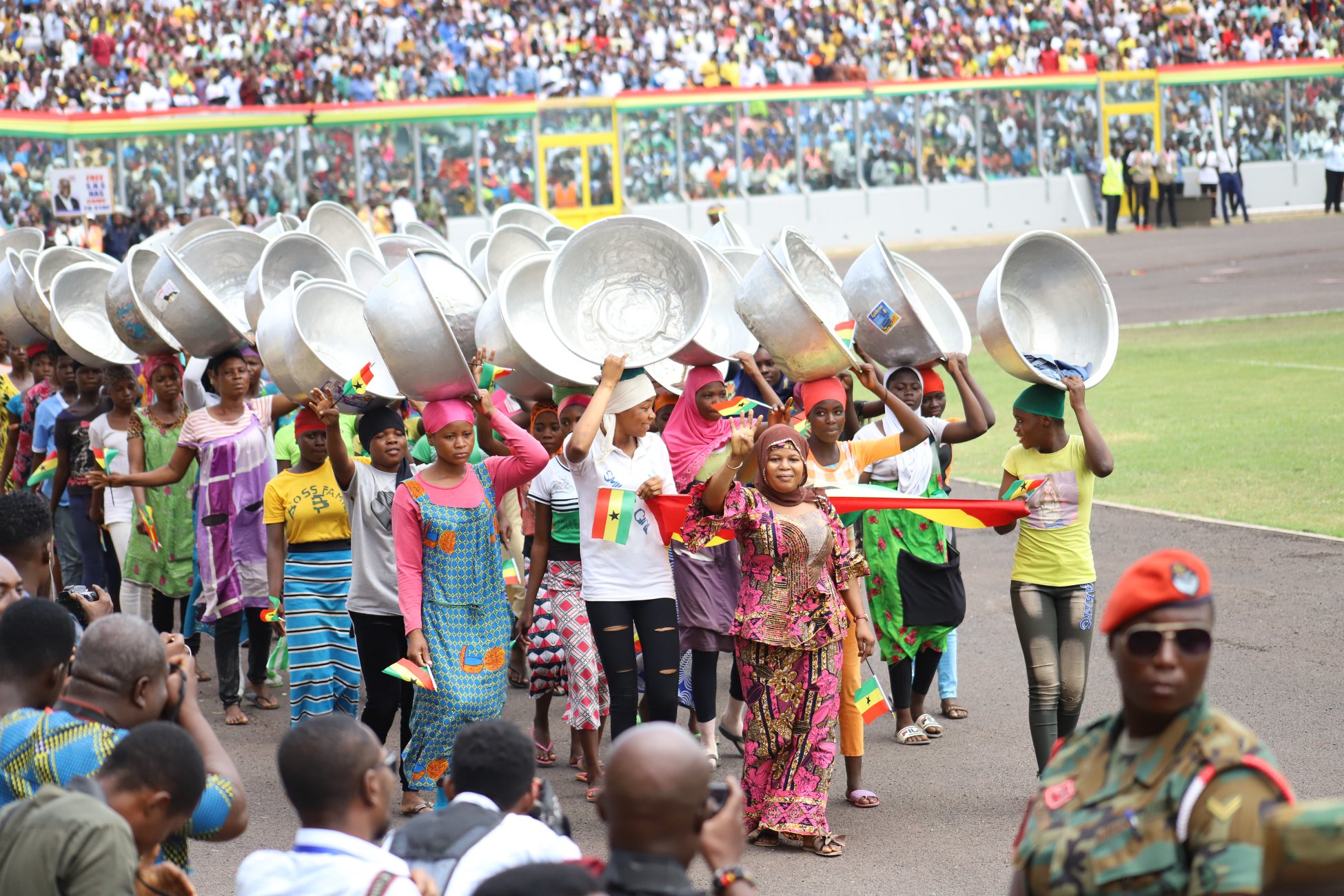
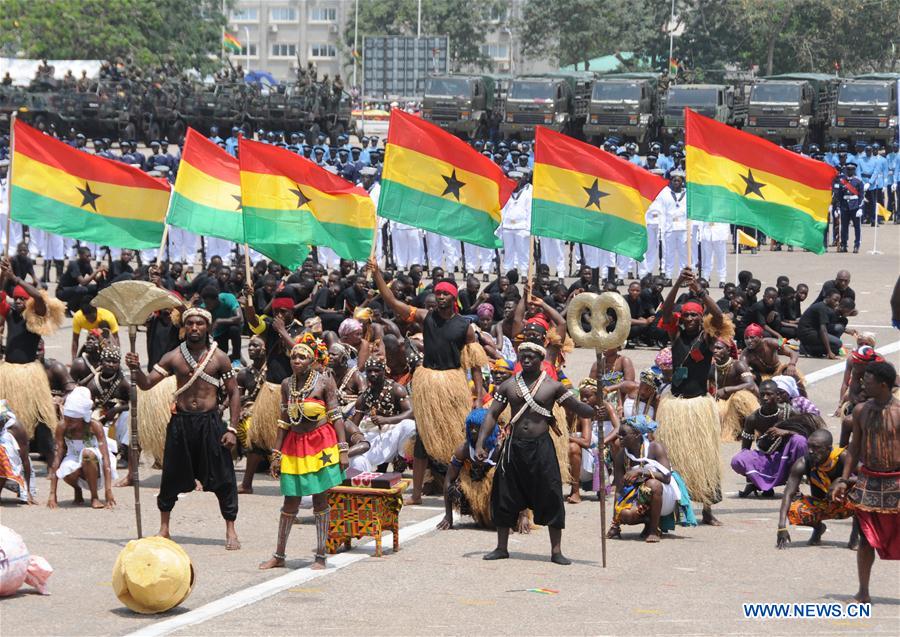
Closure
Thus, we hope this article has provided valuable insights into Ghana’s Republic Day: A Celebration of Independence and National Identity. We appreciate your attention to our article. See you in our next article!
